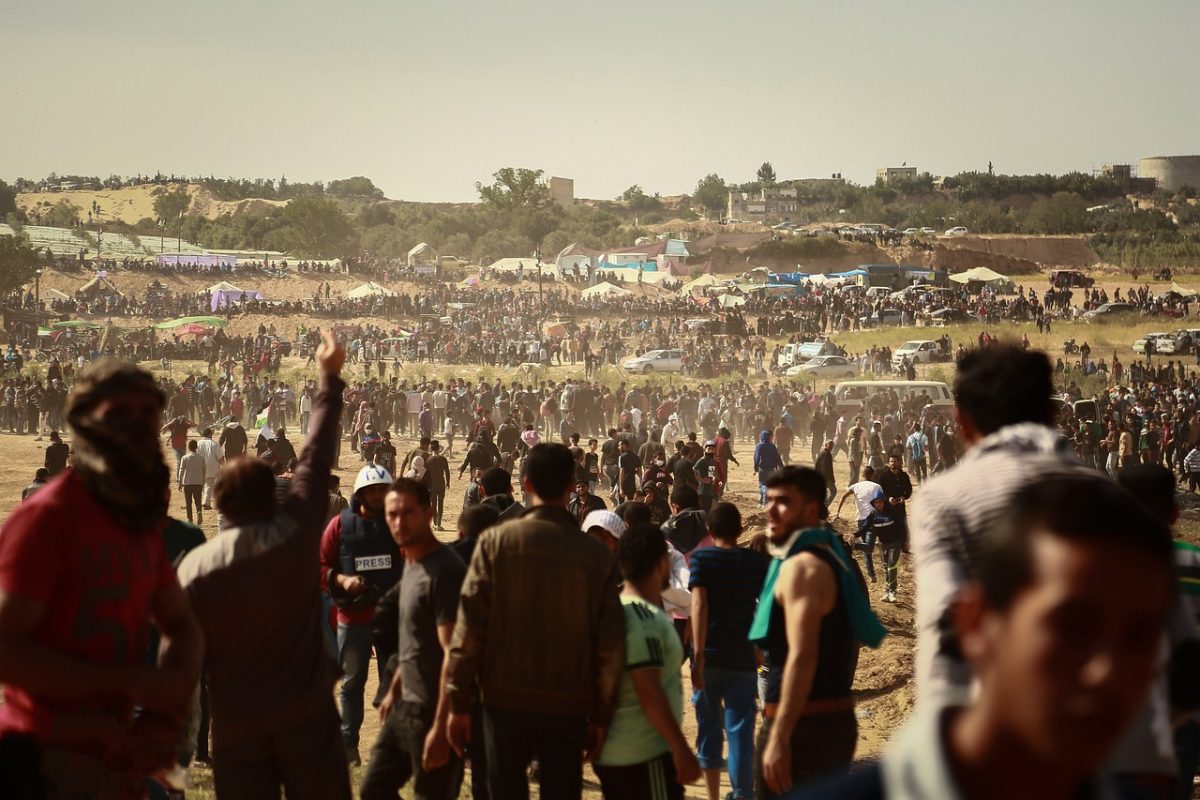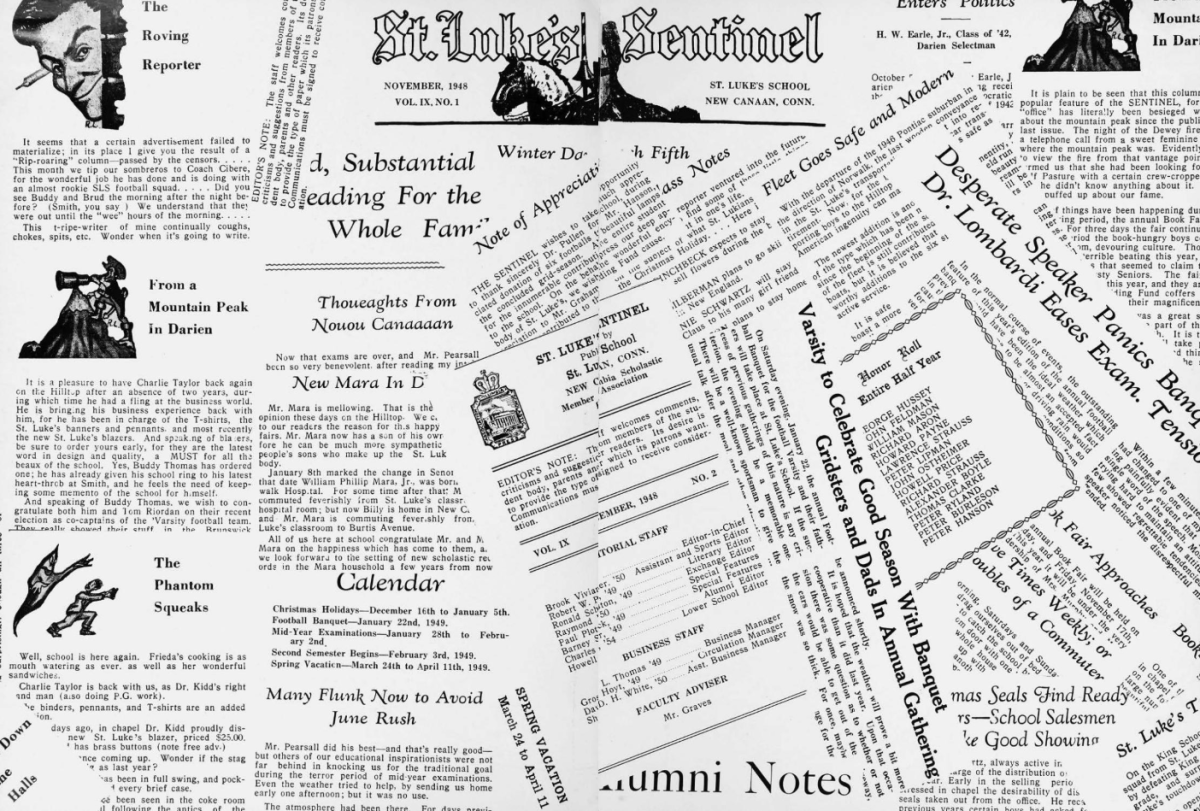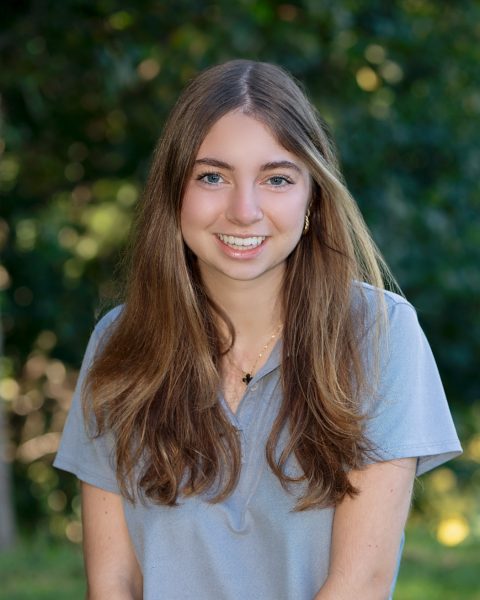On Monday, October 16, the Jewish Affinity Group (JAG) and teachers from the global education and history departments hosted a panel discussion on the recent events occurring in Israel and Palestine. According to a recent CNN article about Hamas, “the Palestinian militant group launched surprise cross-border raids from Gaza on October 7, killing more than 1,400 people and taking hostages.”
The goal of this panel was to provide students a safe space to ask questions and learn more information about the conflict. JAG President Atara Loewenberg ‘24 adds to this saying the panel’s mission was “for there to be an opportunity for people to learn. If people could learn the history it would help them to understand [the recent events].” An additional goal for the panel, according to Loewenberg, was that “people would be able to learn the last 75 – 85 years of history and baseline history.”
This goal seems to have been achieved as Lowenberg said “people have come up to her and say it was super helpful to learn because now I understand everything just that little bit more.”
The further understanding of this conflict helps the St. Luke’s community to engage in civil discourse. “To continue to have productive conversations, we [the St. Lukes community] have to stay committed,” Jason Haynes, member of the History Department, said. He hopes “students can have their own open and respectful conversations and find ways to ask people who disagree with them about their perspective and experiences.”
When asked what was done well at the panel and what could be improved, Lowenberg said, “I wish we had more time for . . . Mr. Haynes’s topic about America’s piece in Israel.”
An additional objective of the panel was to present the unbiased history. Haynes adds “Something we did well was try to give a bipartisan approach to history.” Lowenberg adds “Ms. Abbott did a great job describing the events in both Israel and Palestine and how these actions have affected both Israelis and Palestinians”.
“The panel committee knew that not everything would be covered in the alloted time,” Haynes said, “and we [the panel members] knew there were things we were planning on saying that wouldn’t sit well with everyone in the room. So the panel’s two main areas of focus were [to] …speak to the questions about past history and about the impact of recent events on America.”
“We [the panel members]feel like we did a good job sharing information rather than putting a perspective on the information,” Haynes said. “I know that not everybody thought we did a good job, but that is the nature of these conversations.”
As the conflict progresses Lowenberg said that “allowing spaces for people to ask questions as there is still a lot of learning people want to do” is a vital way that St. Luke’s can continue to foster an environment that has productive conversations. She hopes “other people [will come] to the forefront and discuss what they want to talk about and [are vocal about] what they think will be helpful during this time.”








![iStock. (n.d.). Anonymous business partners making handshake in shadow [Photograph].](https://digitalsentinel.org/wp-content/uploads/2025/04/Screenshot-2025-04-16-at-3.42.57 PM.png)







